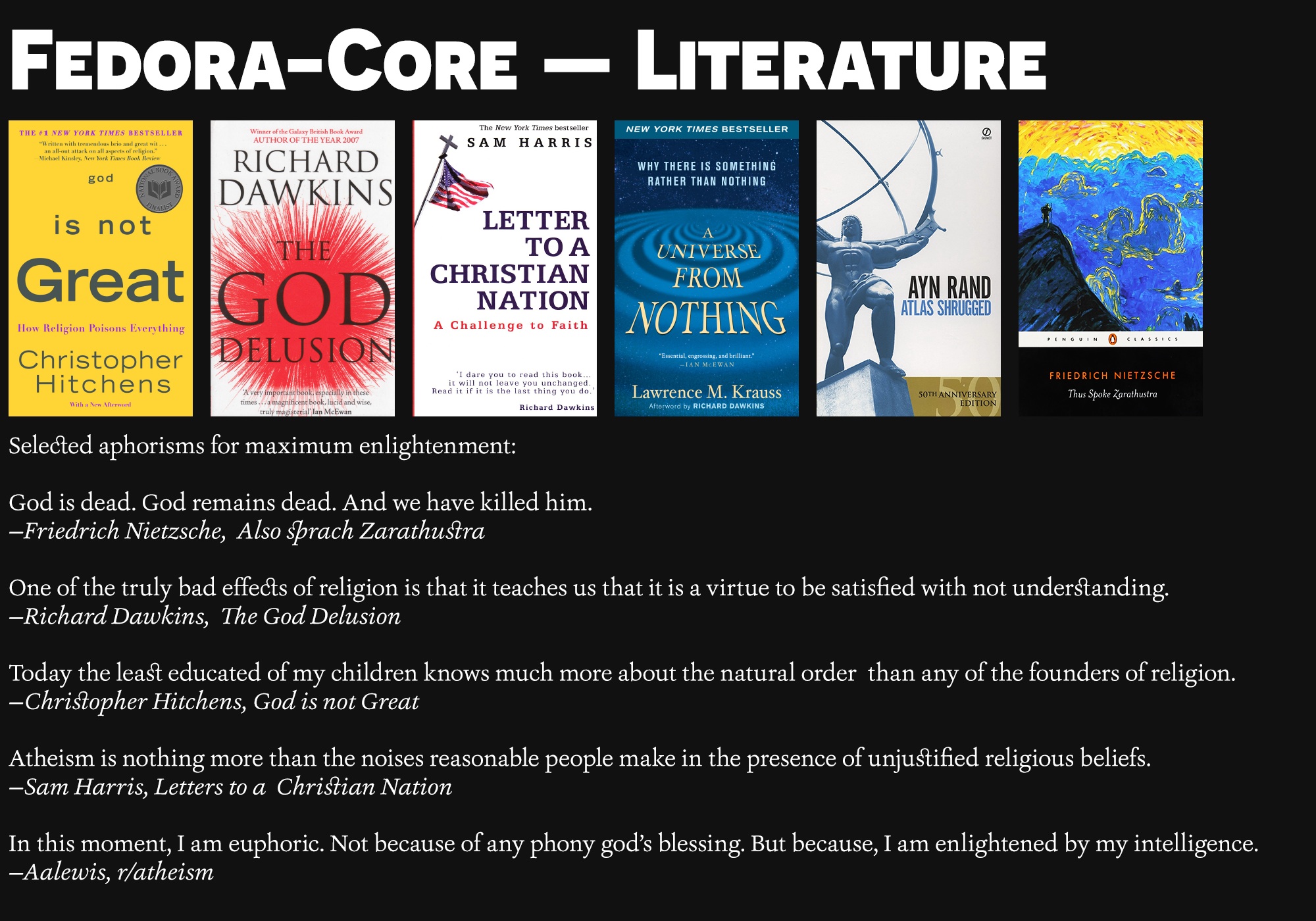religion

Religious literature comprises written works that explore beliefs, practices, and teachings associated with various religious traditions. These texts often serve as sacred or authoritative sources of religious knowledge and guidance for adherents of a particular faith. Religious literature encompasses a wide range of genres, including sacred texts, scriptures, prayers, hymns, sermons, commentaries, and religious narratives. Authors within this genre may include prophets, sages, theologians, scholars, and religious leaders, each contributing to the development and interpretation of religious doctrines and traditions. Religious texts may address diverse topics, such as theology, morality, spirituality, cosmology, ritual, and the afterlife, and they may be written in prose, poetry, or other forms of expression. Religious literature plays a central role in shaping religious identity, fostering spiritual growth, and providing ethical guidance for believers. It also serves as a source of inspiration, comfort, and solace for individuals facing life's challenges and uncertainties. Additionally, religious literature often serves as a bridge between generations, preserving and transmitting religious teachings, values, and cultural traditions across time and space.
